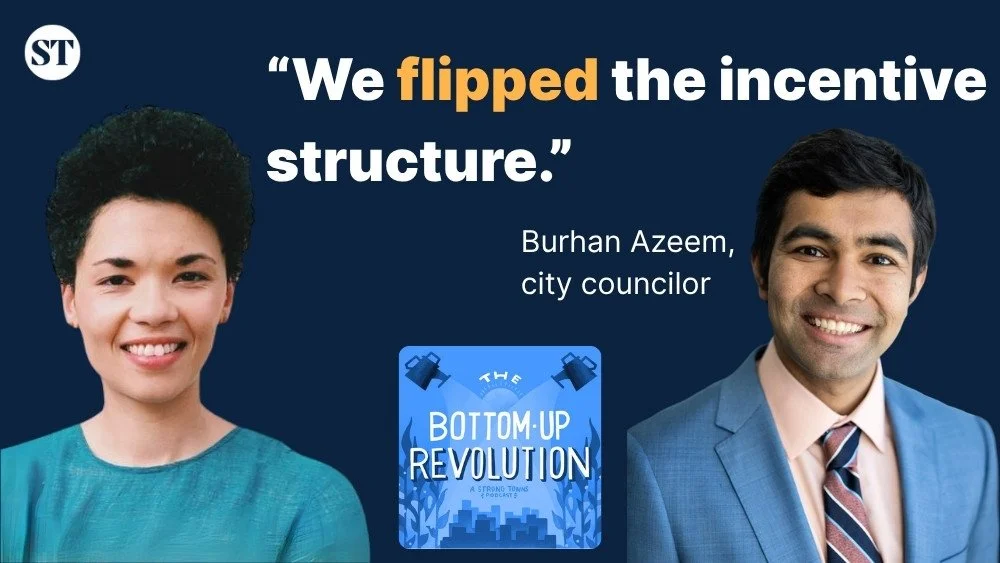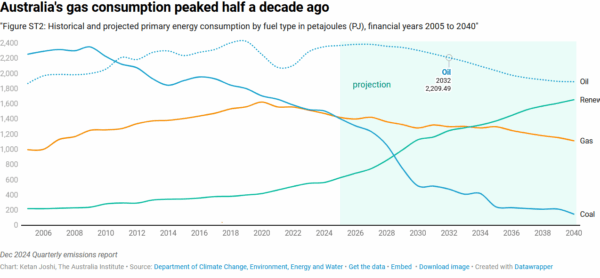Today I testified at a hearing in Trenton, New Jersey to the State Assembly and local government committee to oppose the adoption of Bill A3558 in New Jersey. The bill would accept the International Holocaust Remembrance Alliance’s (IHRA) working definition of antisemitism, which conflates criticism of the state of Israel and Zionism with antisemitism. The IHRA definition has been recognized by 35 states in the U.S., and New Jersey may soon become the 36th.
Posted here is the video with slight audio touch-ups, video editing and captions.










